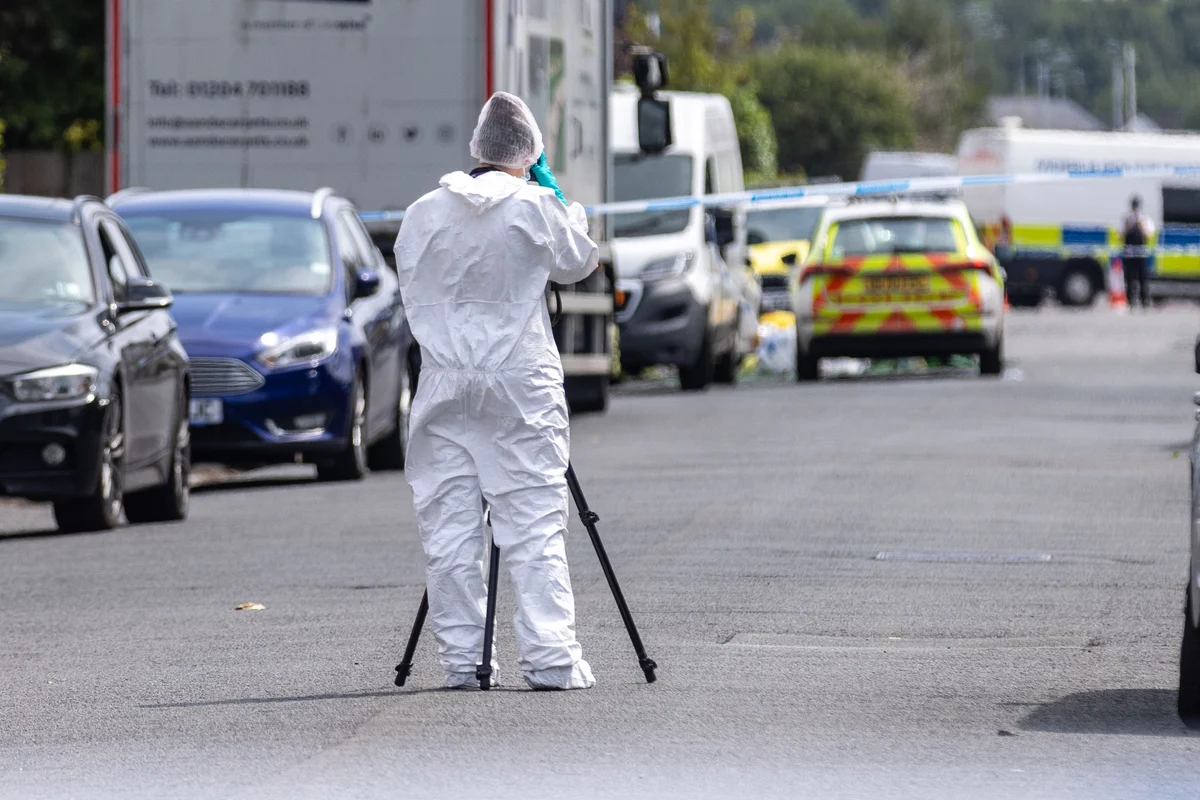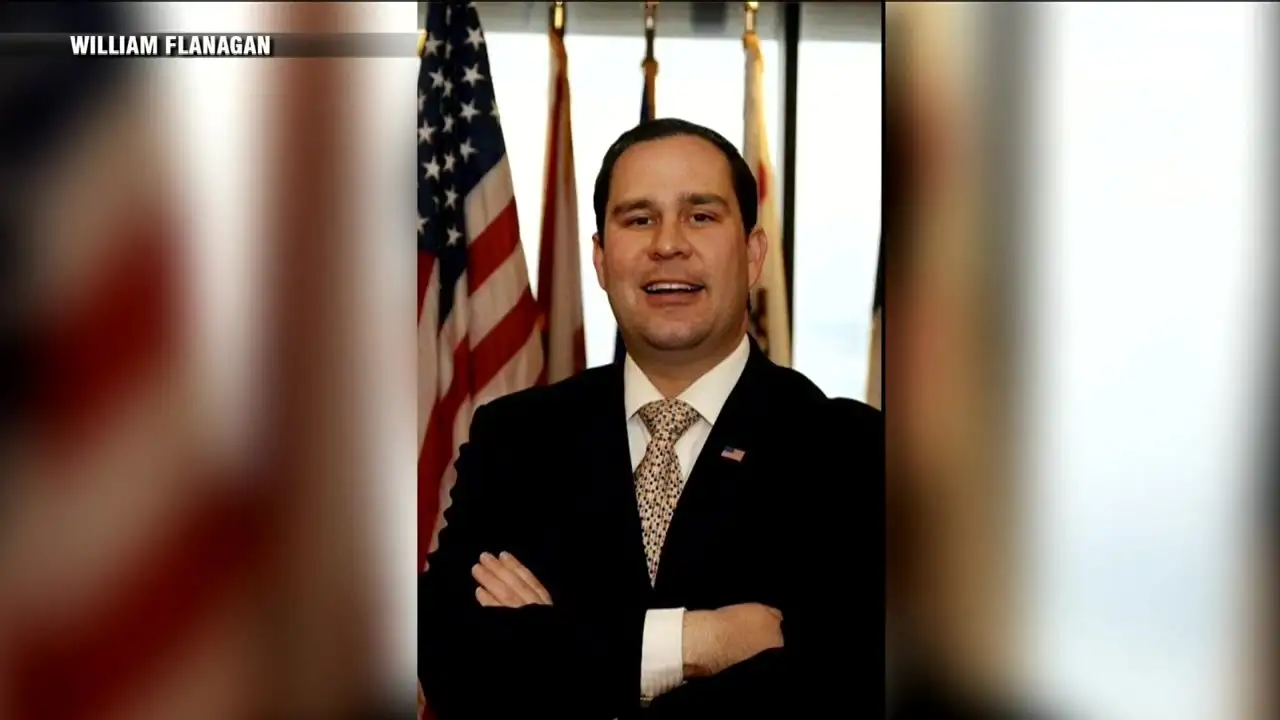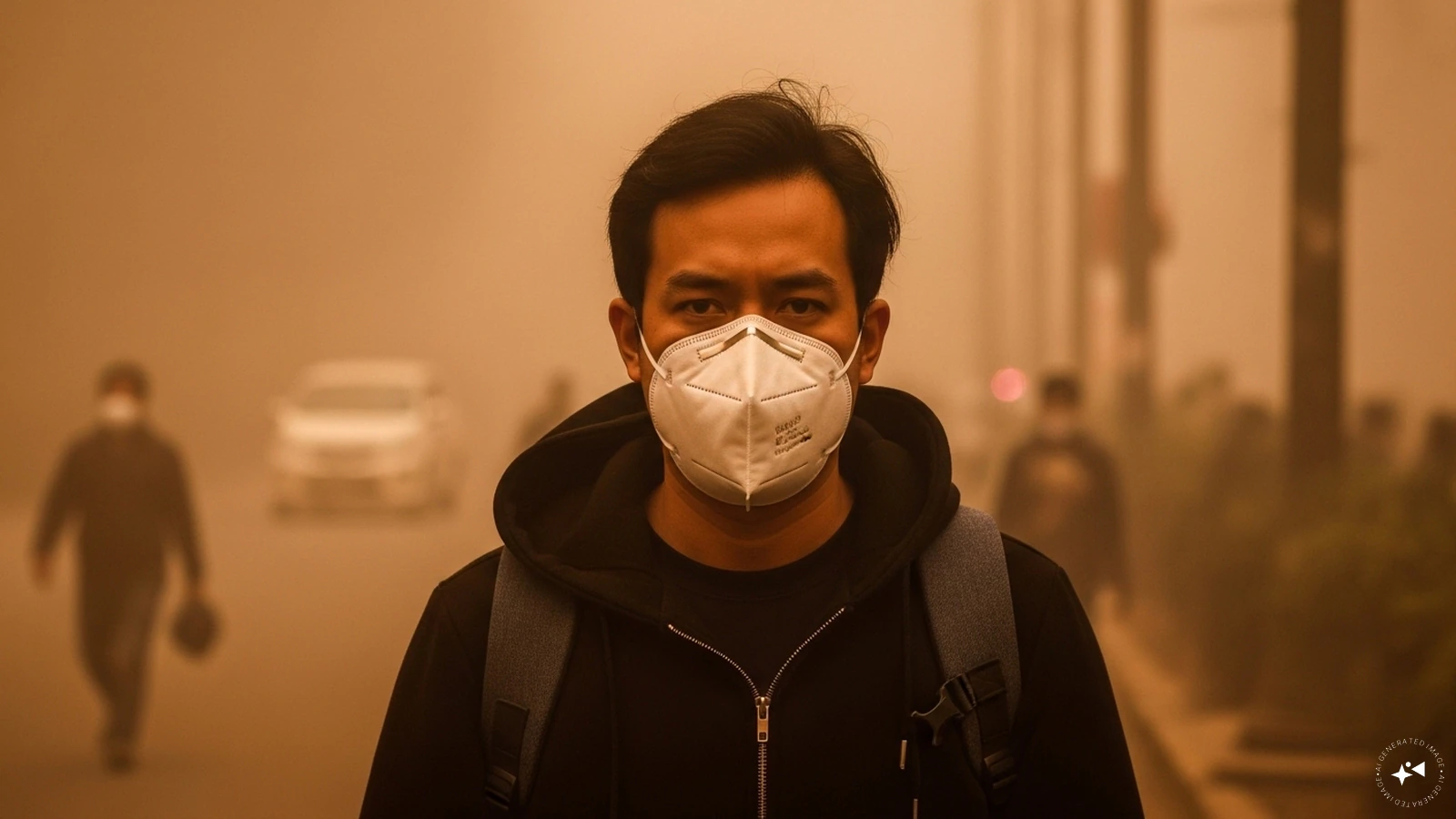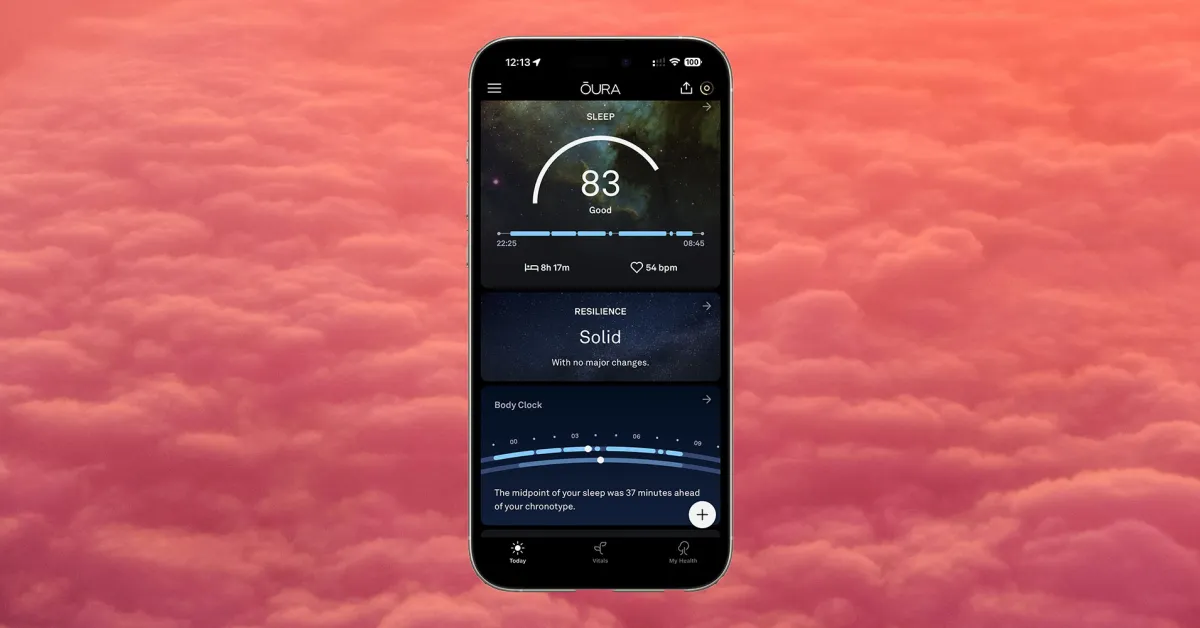Copyright standard

Axel Rudakubana should have been assessed under the Mental Health Act before he carried out an attack on a Southport dance class, a public inquiry has heard. The Southport Inquiry, sitting at Liverpool Town Hall, has heard Rudakubana refused to see psychiatrist Dr Anthony Molyneux in September 2023, staying in his bedroom during a home visit. He was discharged from Alder Hey Child and Adolescent Mental Health Service (CAMHS) on July 23 2024, six days before he murdered Elsie Dot Stancombe, seven, Bebe King, six, and Alice da Silva Aguiar, nine, and attempted to kill 10 others when he went to the Taylor Swift-themed workshop armed with a knife. Giving evidence on Wednesday, independent expert witness Dr Tina Irani, a consultant child and adolescent forensic psychiatrist, said in September 2023 Rudakubana was withdrawn, spending a considerable amount of time on his computer and was not looking after himself, having reportedly not showered for a month. In her report, she said: “In my opinion, given his historic risks and deterioration in his presentation, this should have prompted a Mental Health Act assessment.” The assessment is a formal process used to determine whether someone requires hospital treatment. She said it was “likely” there would have been no evidence to suggest he needed treatment, but it would have given an opportunity to see Rudakubana face-to-face and assess his risk. Dr Irani also said the forensic child and adolescent mental health service (FCAMHS) should have undertaken a comprehensive assessment of Rudakubana’s violent risk in early 2020, after he was referred to them following an attack with a hockey stick on a pupil at his former school. She said the assessments by mental health services were not adequate, which led them to focus on the risks to Rudakubana and not enough on the risks he posed to others. She also said a decision by police not to take action when Rudakubana was found carrying a knife on a bus in March 2022 because he had “severe autism” appeared to have been made without consultation with a clinician. Dr Irani told the inquiry his autism would not have meant he lacked responsibility for his actions in carrying a knife or prevented him from going through the criminal justice system. She said Rudakubana, referred to as AR during the inquiry, met the criteria for a diagnosis of conduct-dissocial disorder and she thought he could have been diagnosed “early on”. Dr Irani added: “I guess what happened is clinicians focused on where they feel they can support or intervene with young people. In AR’s case his autism was what was primarily at the forefront of everybody’s mind.” The inquiry is due to continue on Wednesday with evidence from teaching staff.



